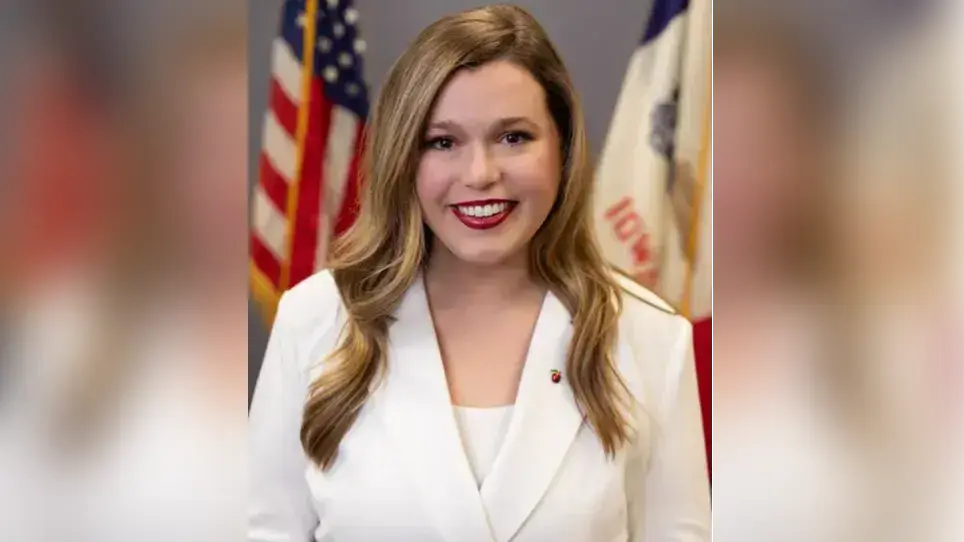
Rebecca Koenig Interim Senior Editorial Director | EdSurge Research
Daniel Montgomery, a longtime English teacher and union leader, will take on the role of executive director at the American Library Association (ALA) this November. Montgomery’s career began with a passion for books developed during his childhood visits to public libraries. He later became president of the Illinois Federation of Teachers in 2010.
Montgomery recognizes challenges facing libraries today, including tight budgets and efforts to restrict access to certain books. “I see a lot of the same issues that I've dealt with over the years at the union, and that is tight budgets — federal, state, and local budgets are unfortunately always tight for education and libraries,” he said. “And right now there's kind of an unprecedented toxic environment in terms of people wanting to restrict what other people are allowed to read or have access to, which is not something we consider to be fully in the American tradition of free speech and free association.”
He noted differences between teachers’ unions and the ALA but emphasized that both must advocate strongly for their members. “But I think that there's no question the ALA needs to be and will be assertive on the protection of libraries and librarians and the patrons’ rights to access information and library services freely and without obstruction,” Montgomery stated.
Montgomery observed that book bans tend to originate from a small group rather than reflecting widespread community sentiment. He pointed out recent school board elections in Illinois as evidence: “A couple years ago, there were school board elections here in Illinois for almost every school board. It was 2023, a big election year for school boards. In a lot of communities, there were candidates running who really ran on an agenda of book bans.
Those people were roundly defeated — something like 80 percent of those candidates lost. And where they won, they won maybe one seat on a board, they didn't sweep the whole board. So I take great heart in that.” He added that while book bans may spread temporarily, most communities oppose them.
Montgomery believes public support for libraries remains strong despite attempts by some groups to foster mistrust. “Yeah, I think people trust their libraries. There is polling that's been done over the years [showing] libraries are often some of the most valued institutions in any community. You can just see that in practice because people rely on them,” he said.
He also highlighted how libraries serve essential functions beyond lending books—providing internet access, helping with taxes or small business advice, especially in rural areas lacking broadband infrastructure.
When asked about removing certain books from schools when students could theoretically find them elsewhere, Montgomery responded: “There's two answers to that. One of them is that school is constant for children...so it's a real dereliction of duty in this country if adults allow schools not to have fully outfitted and staffed libraries.” He stressed that many students lack easy access to public libraries outside school hours.
Budget uncertainty is another major concern for Montgomery as he prepares for his new position at ALA. He cited federal budget cuts affecting agencies like the Institute of Museum and Library Services (IMLS), which has led to reduced services such as interlibrary loans—a key resource especially for rural communities needing materials from neighboring areas.
“All of the above,” he said when asked about possible impacts from budget cuts—including shorter hours, reduced programming or materials purchases, layoffs or even closures.
Reflecting on his teaching career, Montgomery recalled only one significant parental challenge—to using parts of the Bible as literature—and credited clear district policies with resolving it effectively.
He described teaching classics such as “Of Mice and Men,” Shakespeare’s plays, Melville’s “Billy Budd,” as well as contemporary novels like Denise Nicholas’s “Freshwater Road.” According to Montgomery: “School children want to be challenged...they can read much simpler things and still get a lot out of it.”
Montgomery argued against underestimating students’ ability or interest in complex material: “There's a lot of great evidence...that kids love to be challenged. I think it shows respect as individuals and human beings...” He added personal anecdotes about students connecting deeply with challenging literature relevant to their experiences.
He concluded by underscoring librarians’ important role guiding young readers toward transformative books: "That's the implicit argument for libraries: That a young person could walk into a library not knowing what they want to read or what would captivate them...You read it and you feel like it changes your life or how you look at the world."





 Alerts Sign-up
Alerts Sign-up